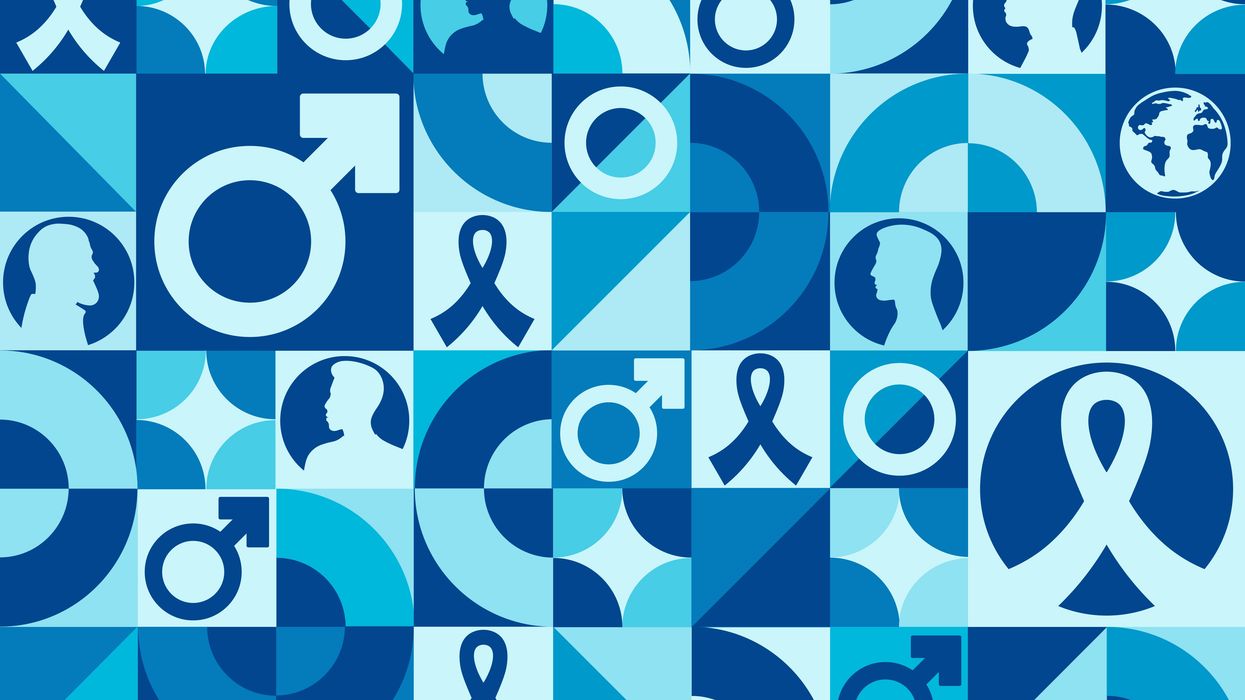June is recognized as Men's Health Month, an annual observance to raise awareness of preventable health issues and encouraging early detection and treatment of diseases among men and boys. This initiative is crucial, as men are often less likely to seek medical help and may ignore symptoms of serious health conditions. The month-long campaign focuses on promoting a healthy lifestyle, regular medical check-ups, and preventive screenings.
The Importance of Men's Health
Statistics show that men are at a higher risk for certain health issues compared to women. According to the Centers for Disease Control and Prevention, men in the United States die an average of five years earlier than women and have higher mortality rates for the top 10 leading causes of death . Heart disease, cancer, and unintentional injuries are the leading causes of death among men, many of which can be mitigated through lifestyle changes and preventive care .
Key Health Concerns for Men
- Cardiovascular Disease: Cardiovascular disease is the leading cause of death among men. Risk factors such as high blood pressure, high cholesterol, smoking, and obesity significantly contribute to the development of heart disease . Regular physical activity, a balanced diet, and avoiding tobacco can help reduce these risks.
- Cancer: Prostate, lung, and colorectal cancers are among the most common types affecting men. The American Cancer Society emphasizes the importance of regular screenings, as early detection greatly improves the chances of successful treatment .
- Mental Health: Mental health is often overlooked in discussions about men's health. Men are less likely to seek help for depression, anxiety, and other mental health issues, leading to higher rates of suicide. Mental Health America notes that societal expectations and stigma around masculinity often prevent men from expressing their emotions and seeking help .
- Diabetes: Men are more likely than women to develop Type 2 diabetes at a lower weight, putting them at greater risk for complications like kidney disease, nerve damage, and heart disease . Lifestyle changes such as increased physical activity and healthier eating can help manage and prevent diabetes.
Promoting Preventive Health
Preventive health measures are critical in addressing these concerns. Men are encouraged to:
- Schedule Regular Check-Ups: Routine health check-ups and screenings can detect potential health issues early. Blood pressure, cholesterol levels, and glucose levels should be regularly monitored .
- Adopt a Healthy Lifestyle: A diet rich in fruits, vegetables, lean proteins, and whole grains, combined with regular physical activity, can help maintain a healthy weight and reduce the risk of chronic diseases .
- Avoid Risky Behaviors: Quitting smoking, limiting alcohol consumption, and avoiding drug use can significantly improve overall health .
- Focus on Mental Health: Men should be encouraged to speak openly about their mental health and seek professional help when needed. Stress management techniques such as meditation, exercise, and hobbies can also be beneficial .
Men's Health Month is an essential time for raising awareness about the health challenges faced by men and boys. By promoting regular medical check-ups, healthy lifestyle choices, and open discussions about mental health, we can improve health outcomes and quality of life for men. It is crucial for men to take proactive steps in managing their health and for society to support these efforts through education and resources.
References
- Centers for Disease Control and Prevention. "Leading Causes of Death – Males – United States, 2018." CDC
- National Center for Health Statistics. "Health, United States, 2019." CDC
- American Heart Association. "Heart Disease and Stroke Statistics – 2021 Update." AHA
- American Cancer Society. "Cancer Facts & Figures 2021." ACS
- Mental Health America. "Men and Mental Health." MHA
- American Diabetes Association. "Standards of Medical Care in Diabetes—2021." ADA
- Mayo Clinic. "Men's Health: Checkups, Screenings Key." Mayo Clinic
- Harvard T.H. Chan School of Public Health. "The Nutrition Source." Harvard
- National Institute on Alcohol Abuse and Alcoholism. "Alcohol and Men." NIAAA
- American Psychological Association. "The State of Men's Mental Health." APA









 Karla Mingo believes that her greatest gift as a cancer survivor is the ability to live with gratitude and thankfulness.
Karla Mingo believes that her greatest gift as a cancer survivor is the ability to live with gratitude and thankfulness.



